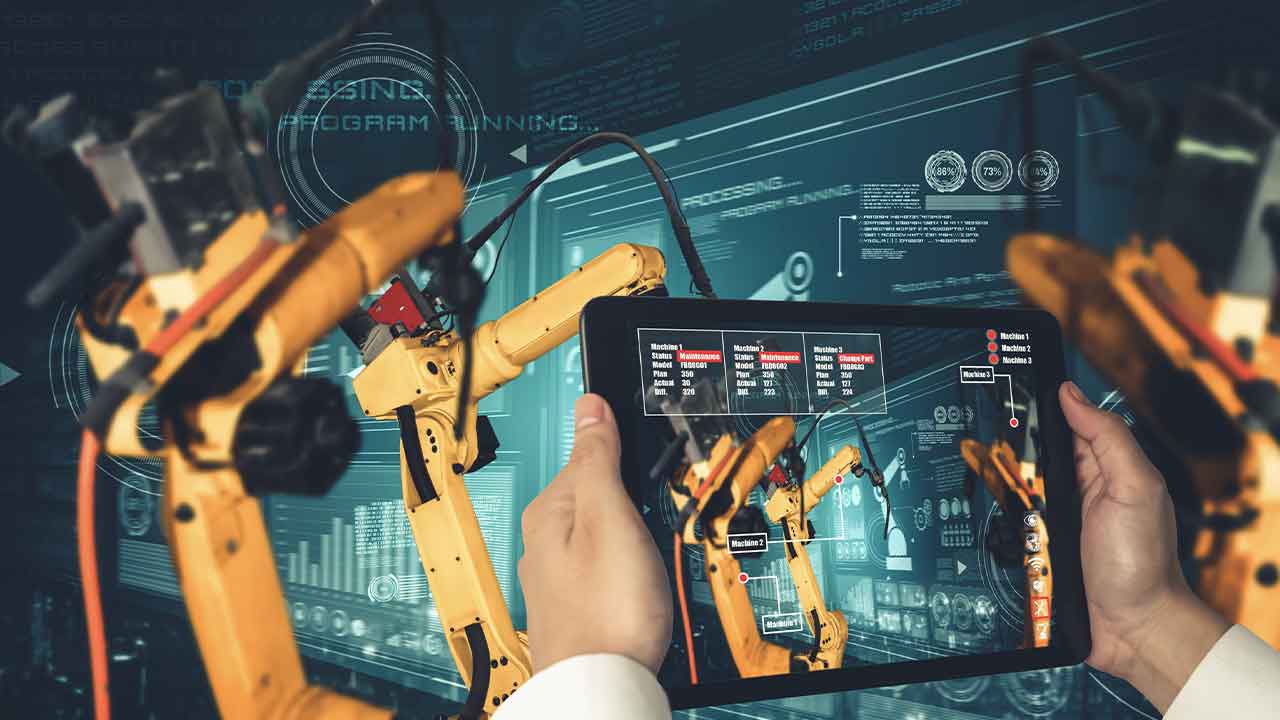Harnessing IIoT Initiatives for Business Process Improvement
While IIoT is a concept that has been used for several decades, businesses still need help integrating devices and managing the vast amount of data generated. Customers often struggle with improving productivity and maximizing the potential of their existing infrastructure rather than investing in new factories or facilities. A small improvement in efficiency can have a significant impact on the organization. Additionally, ensuring the reliability of assets is crucial for maintaining a competitive edge in the market.
Transforming Data into Actionable Insights:
The abundance of data generated by IIoT devices poses a new challenge for businesses – making sense of it all. Companies can turn to business process management (BPM) methodologies and tools to address this challenge. Organizations can gain data-driven insights into their processes by applying process mining techniques to IIoT data. This approach helps identify bottlenecks, inefficiencies, and opportunities for optimization that may have been previously overlooked. Companies often discover that their processes are more complex and non-linear than initially perceived, allowing them to make targeted improvements for better outcomes.
The Role of Business Process Management in Business Improvement:
Business process management is vital in leveraging IIoT initiatives for business improvement. BPM provides a framework for understanding and managing the end-to-end processes affected by IIoT data. It helps companies identify areas for optimization, streamline workflows, and enhance overall operational efficiency. By aligning IIoT data with BPM methodologies, organizations can transform their business processes and achieve tangible benefits.
IIoT’s Impact on Supply Chain and Sustainability:
One of the significant advantages of IIoT is its ability to revolutionize supply chain management and contribute to sustainability efforts. Organizations increasingly focus on building resilient supply chains, promoting circular economy principles, and reducing carbon emissions. Through IIoT initiatives, companies can collect and analyze data throughout the supply chain, enabling better tracking, reusing, and recycling practices. For instance, a large automotive manufacturer works with suppliers to obtain IoT data to support sustainability measures. This data-driven approach ensures sustainability and drives process improvements throughout the supply chain.
IIoT Opportunities Across Industries:
While the automotive industry has been at the forefront of IIoT adoption, other sectors can benefit significantly. For example, process industries, such as chemical manufacturing, face substantial carbon emissions and sustainability challenges. By implementing IIoT initiatives, these industries can make informed decisions and drive positive environmental impact. The semiconductor industry is another sector embracing IIoT to enhance manufacturing processes and improve operational efficiency.
Harnessing IIoT initiatives for business process improvement is crucial for organizations seeking to remain competitive in a dynamic market. By overcoming data integration challenges and leveraging BPM methodologies, businesses can gain actionable insights and optimize their processes. Furthermore, IIoT’s impact on supply chain management and sustainability opens up new possibilities for companies across various industries. Therefore, integrating IIoT with business process management can unlock tremendous potential and foster continuous improvement.
This post was generated with the help of ChatGPT based on the script of the video interview that Lucian Fogoros, Co-founder of IIoT World, conducted with Alok Sahu Head of Industry Offering and Solutions, Fujitsu and Lincoln Kirsten Senior Direct of Global Offerings, Fujitsu.



